Physical exercise is more than just a way to stay in shape. It is a crucial component of personal development, influencing our mental, emotional, and physical well-being. From boosting our mood to improving our health, regular exercise plays a pivotal role in helping us become the best versions of ourselves.
“Take care of your body. It’s the only place you have to live.”
Jim Rohn
This article aims to delve into the multifaceted benefits of physical exercise, highlighting how it contributes to personal development. We will explore the physical and mental health benefits, the role of exercise in fostering self-discipline and goal setting, and provide practical tips and routines to help you get started on your fitness journey.
Physical Benefits of Exercise
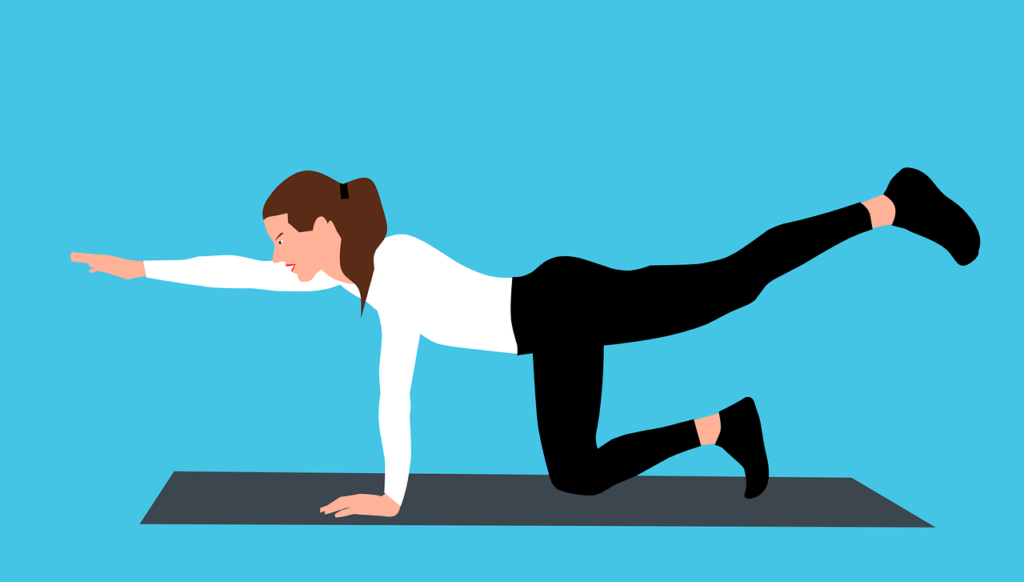
Improved cardiovascular health
Regular physical activity strengthens your heart, making it more efficient at pumping blood throughout your body. This not only lowers your risk of heart disease but also improves your overall cardiovascular health. Activities like running, cycling, and swimming are excellent for getting your heart rate up and keeping your heart in top shape.
For example, just 30 minutes of brisk walking a day can significantly reduce the risk of cardiovascular disease.
Enhanced strength and endurance
Engaging in strength training exercises, such as weightlifting or bodyweight workouts, helps build muscle mass and improve endurance. This not only enhances physical performance but also contributes to better posture and reduced risk of injuries.
A practical example is incorporating squats, push-ups, and lunges into your routine to target major muscle groups effectively.
Better weight management
Exercise plays a crucial role in weight management by helping you burn calories and build muscle mass. It also boosts your metabolism, enabling your body to burn more calories even at rest. Consistent exercise, combined with a balanced diet, can help you achieve and maintain a healthy weight. An effective technique is to combine aerobic exercises with strength training to maximize fat loss and muscle gain.
Increased energy levels
Regular physical activity boosts energy levels by improving the efficiency of the cardiovascular system and enhancing the body’s ability to deliver oxygen and nutrients to tissues. This results in increased stamina and reduced fatigue.
Even a short 20-minute workout can make a significant difference in how energetic you feel throughout the day.
Mental Health Benefits
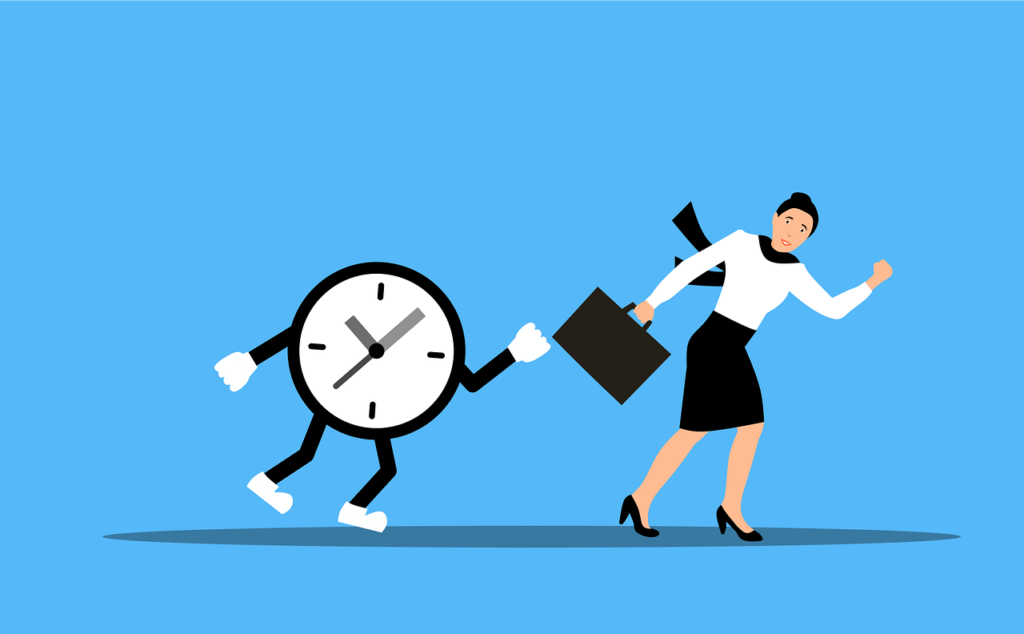
Stress reduction
Exercise is a powerful stress reliever. Physical activity increases the production of endorphins, which are natural mood lifters. It also helps reduce levels of cortisol, the body’s stress hormone. Whether it’s a high-intensity interval training session or a calm yoga class, exercise provides a healthy outlet for stress and anxiety.
Improved mood and reduced anxiety
Regular physical activity has been shown to reduce symptoms of depression and anxiety. Engaging in exercise stimulates the production of neurotransmitters like serotonin and norepinephrine, which help enhance mood. For instance, a study found that people who engage in regular physical activity are 25% less likely to develop depression or anxiety over the next five years.
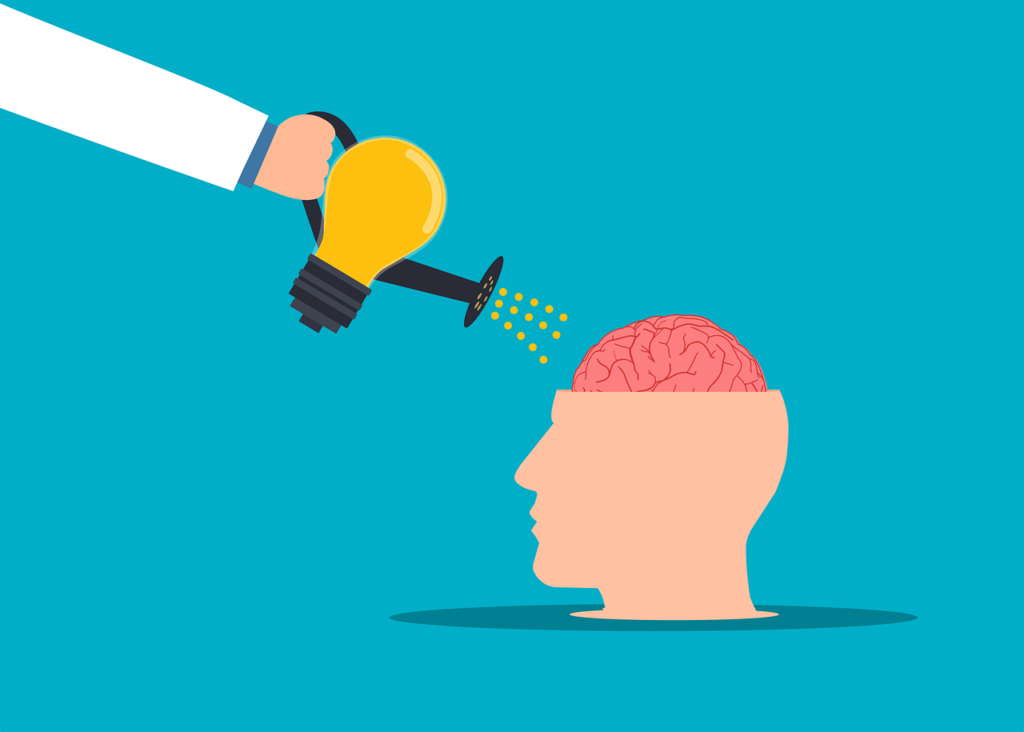
Enhanced cognitive function
Exercise has been linked to improved cognitive function, including better memory, attention, and problem-solving skills. Activities that require coordination, such as dancing or playing sports, can be particularly beneficial for brain health.
Better sleep quality
Physical activity can significantly improve your sleep quality, helping you fall asleep faster and enjoy deeper sleep. Exercise regulates your circadian rhythm, and the body’s internal clock, promoting more restful sleep. To maximize these benefits, try to exercise earlier in the day as evening workouts can sometimes interfere with sleep.
Self-Discipline and Goal Setting

Developing a consistent exercise routine
Creating a consistent exercise routine requires self-discipline and commitment. Start by scheduling your workouts at the same time each day and treating them as non-negotiable appointments. Consistency is key to reaping the benefits of exercise. Consider setting a specific time each day for your workouts and stick to it. For example, morning workouts can kickstart your day with energy and positivity. This consistency will help build a habit over time.
Setting and achieving fitness goals
Setting clear, achievable fitness goals is essential for maintaining motivation and tracking progress. Use the SMART criteria (Specific, Measurable, Achievable, Relevant, Time-bound) to set your goals. For instance, instead of aiming to “get fit,” set a goal to “run a 5K race in 8 weeks.” This gives you a clear target and a timeline to work towards.
The Impact on Personal Discipline and Motivation
Consistent exercise fosters self-discipline, which extends to other areas of your life. The discipline you build in your fitness routine can enhance your ability to manage time, set and achieve goals, and stay motivated in your personal and professional endeavors.
“Discipline is the bridge between goals and accomplishment.”
Arnold Schwarzenegger

How to Get Started
| 1. | Assess your current fitness level |
| 2. | Set realistic and achievable goals |
| 3. | Find the right type of exercise for you |
| 4. | Maintain motivation and consequences |
Sample Exercise Routines
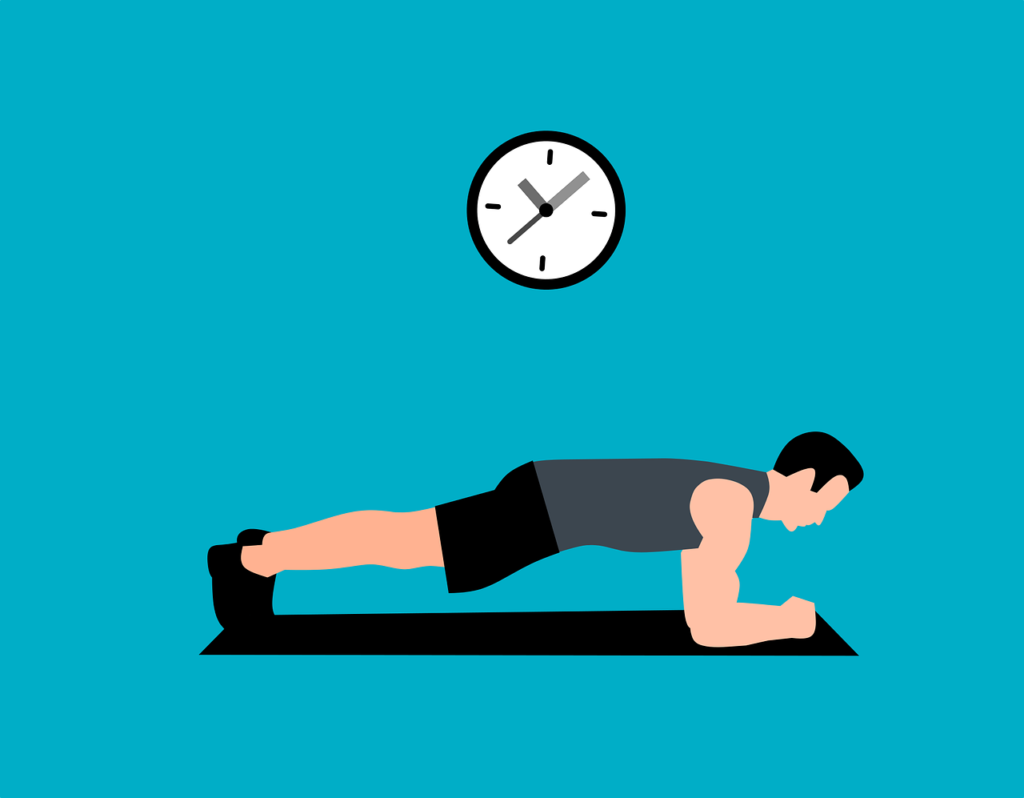
Beginner’s Guide to Cardio Workouts
For those new to cardio, start with low-impact activities like brisk walking or cycling. Aim for at least 150 minutes of moderate-intensity cardio per week, as recommended by health guidelines. A sample routine might include:
| Monday: | 30-minute brisk walk |
| Wednesday: | 20-minute bike ride |
| Friday: | 30-minute brisk walk |
| Sunday: | 20-minute jog |
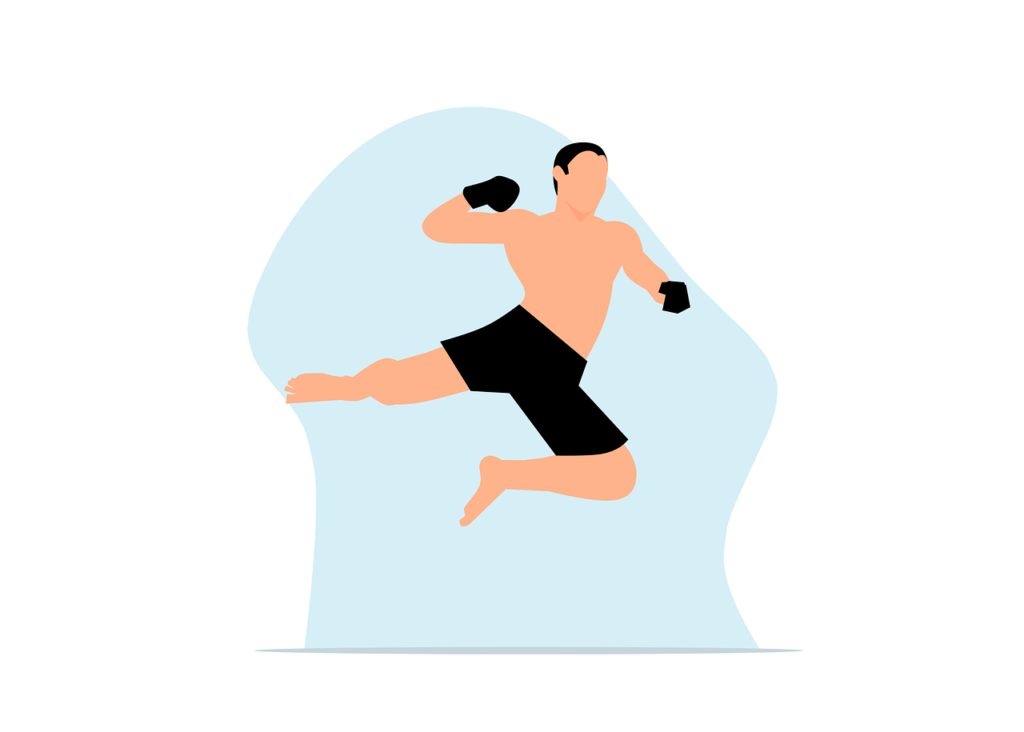
Strength Training for Beginners
Strength training is essential for building muscle and boosting metabolism. Beginners can start with bodyweight exercises before progressing to weights. A simple beginner routine could be:
| Monday: | Squats, push-ups, lunges (3 sets of 10 each) |
| Wednesday: | Planks, dumbbell rows, tricep dips (3 sets of 10 each) |
| Friday: | Squats, push-ups, lunges (3 sets of 10 each) |
Flexibility and Mobility Exercises
Incorporating flexibility and mobility exercises into your routine helps prevent injuries and improve overall movement. A basic routine might include:
| Daily: | 5-10 minutes of stretching |
| Post-workout: | Stretch major muscle groups used during the workout |
| Weekly: | 1-2 yoga or pilates sessions |
Integrating Exercise into Daily Life

Practical Tips for Incorporation
Integrating exercise into your daily routine doesn’t have to be daunting. Here are some practical tips:
| Take the stairs instead of the elevator |
| Walk or bike to work if possible |
| Schedule “walking meetings” instead of sitting in a conference room |
| Use a standing desk or take short breaks to stretch throughout the day |
Balancing Work, Life, and Exercise
Balancing exercise with work and personal life requires planning and flexibility. Prioritize your health by setting aside specific times for exercise, just like any other important appointment. Communicate your fitness goals with family and colleagues to gain their support. Remember, even short bouts of activity throughout the day add up.
Overcoming Common Barriers
Common barriers to exercise include
- Lack of Time: Opt for shorter, high-intensity workouts if you’re pressed for time.
- Lack of Motivation: Find a workout buddy or join a fitness class to stay accountable.
- Physical Limitations: Modify exercises to suit your abilities and consult a professional if needed.
Conclusion

Recap of exercise’s role in personal development
Physical exercise is a powerful tool for personal development. It enhances physical health, boosts mental well-being, fosters self-discipline, and helps set and achieve goals. Whether you’re looking to improve your cardiovascular health, reduce stress, or build muscle, incorporating regular exercise into your routine is a step towards a healthier, more fulfilling life.
Encouragement for integrating exercise into daily life
As you embark on your fitness journey, remember that every small step counts. Celebrate your progress, no matter how minor it may seem. Physical exercise is not just about achieving a specific look or number on a scale; it’s about enhancing your overall quality of life. As you integrate exercise into your daily routine, you’ll find yourself becoming more energetic, motivated, and resilient. So, lace up your sneakers and take that first step today.
“The journey of a thousand miles begins with a single step.”
Lao Tzu
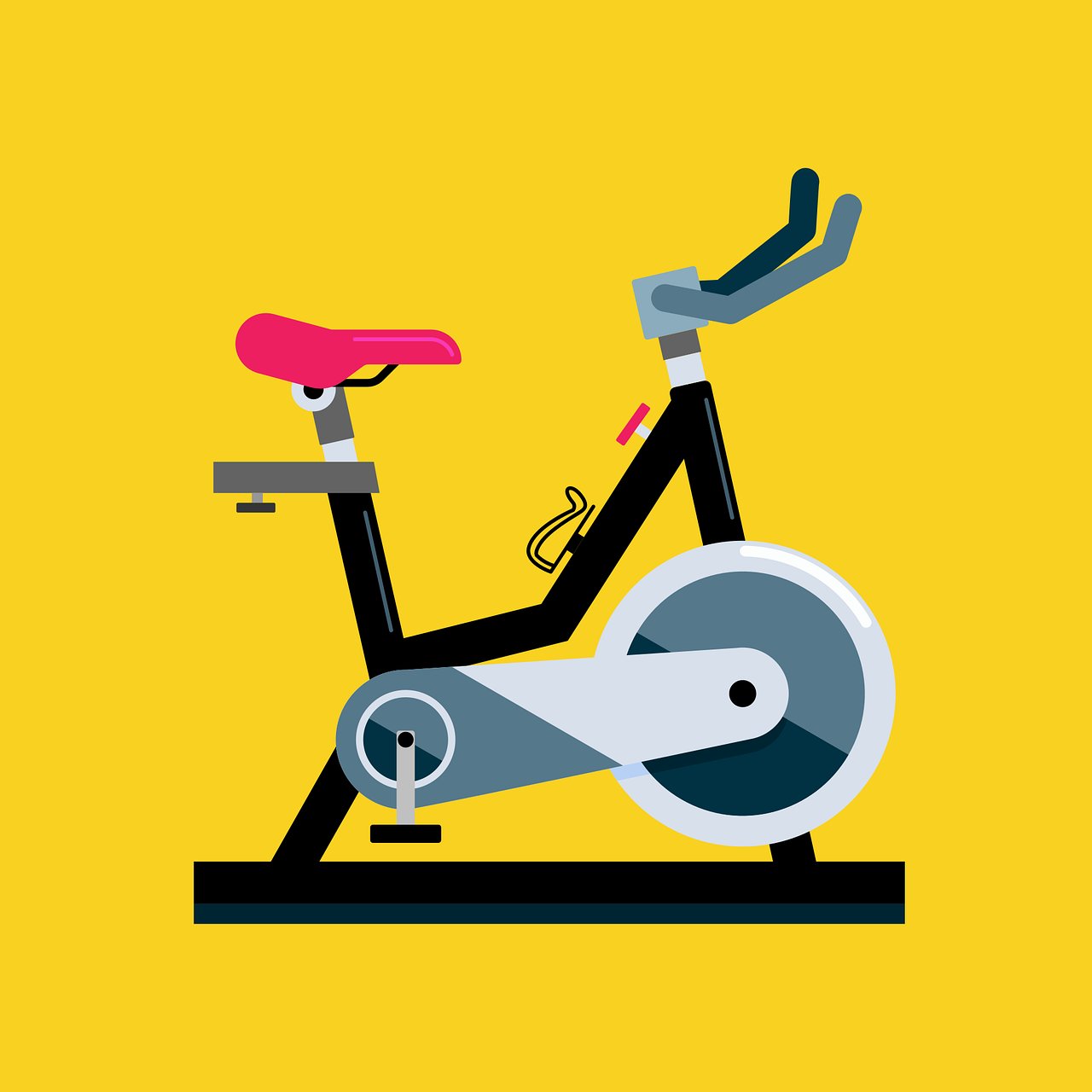
Leave a Reply